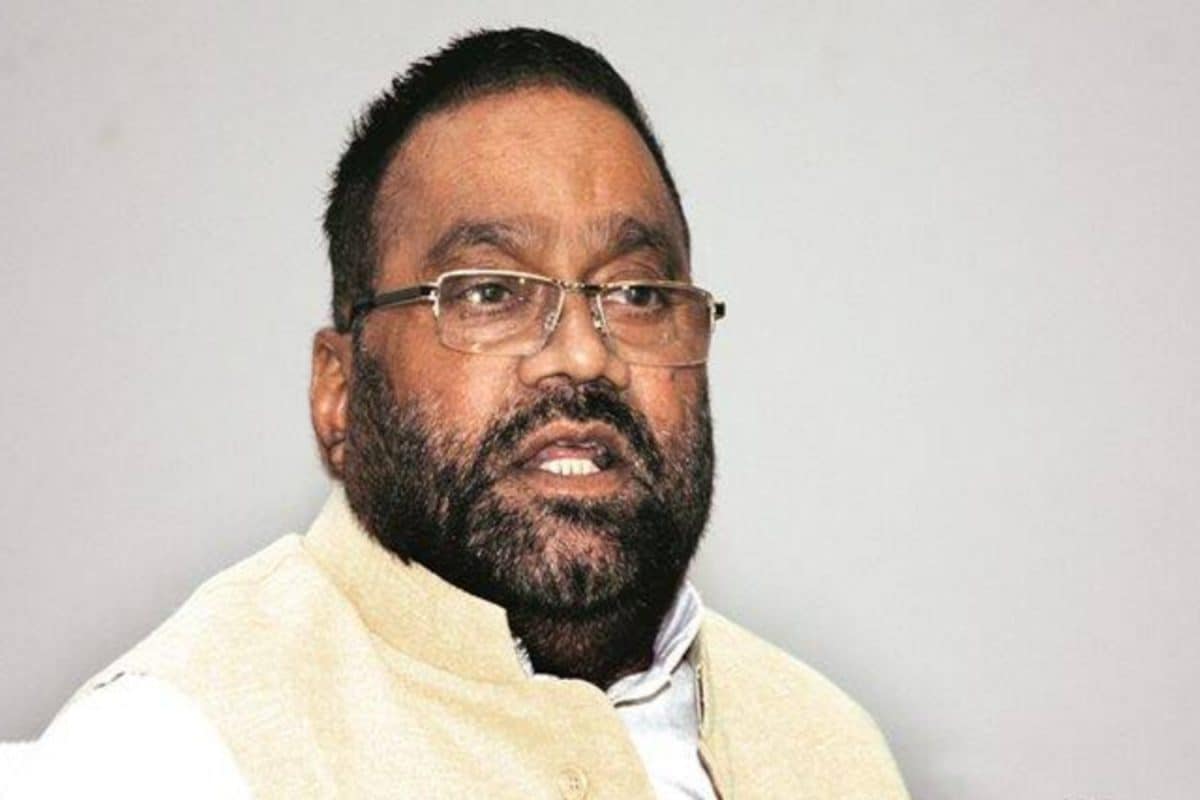

Samajwadi Party leader Swami Prasad Maurya has ignited a fresh controversy by questioning the success of "Operation Sindoor," the Indian military's response to the Pahalgam terror attack. Maurya's remarks, made during a recent visit to Ayodhya, have drawn sharp reactions from political circles, with many accusing him of seeking relevance through contentious statements.
Maurya, who recently formed his own political outfit, the Rashtriya Shoshit Samaj Party, has a history of making provocative statements, particularly concerning religious matters. He has previously questioned Hindu religious practices and texts, drawing condemnation from various groups. His latest broadside against Operation Sindoor appears to be an attempt to revive his political fortunes by stoking controversy, according to political analysts.
"Operation Sindoor," launched in response to the terror attack in Pahalgam that killed several tourists, was intended to target terrorist infrastructure across the border. The government has hailed the operation as a decisive blow against terrorism and a demonstration of India's resolve to protect its citizens. Uttar Pradesh Chief Minister Yogi Adityanath described the operation as "a symbol of India's self-respect, honour of 'sindoor' of the women of India and a guarantee of the safety of the coming generations". Following the operation, Uttar Pradesh was placed on high alert, with increased security measures implemented across the state to ensure the safety of citizens and critical infrastructure.
However, Maurya has disputed the government's claims of success. He stated that the operation was a "hoax" and that no terrorists were killed. "There was joy in the country that, at last, something was being done to end terrorism, but within 24 hours, it all fizzled out," Maurya said. He accused the government of deceiving the public and insulting the "sindoor" (vermillion), a symbol of marriage for Hindu women.
Maurya's comments have been met with criticism from various quarters. Many have accused him of undermining the morale of the armed forces and disrespecting the sacrifices made by soldiers. Some political analysts suggest that Maurya's remarks are aimed at consolidating his support base among certain sections of society who may be critical of the government's policies. Samajwadi Party, his former party, has often distanced itself from his remarks, with leaders criticizing him for using religion to revive his political career.
The controversy surrounding Maurya's statements highlights the sensitivity of issues related to national security and religious sentiments. While political leaders have the right to express their views, it is essential to exercise caution and avoid making statements that could be interpreted as undermining national interests or disrespecting the sentiments of the people.
Whether Maurya's strategy will succeed in reviving his political career remains to be seen. However, his latest comments have undoubtedly stirred up a controversy, ensuring that he remains in the headlines, at least for now. The incident also underscores the importance of responsible political discourse, especially on matters of national security and public sentiment.